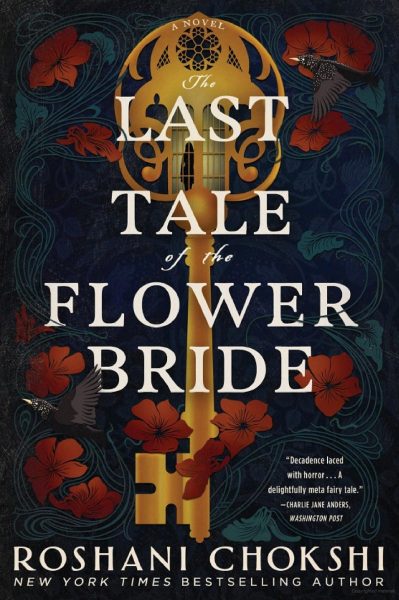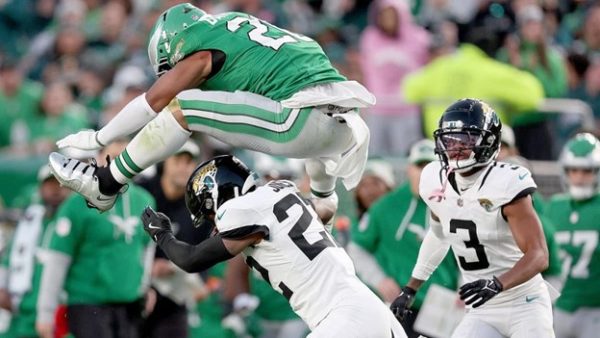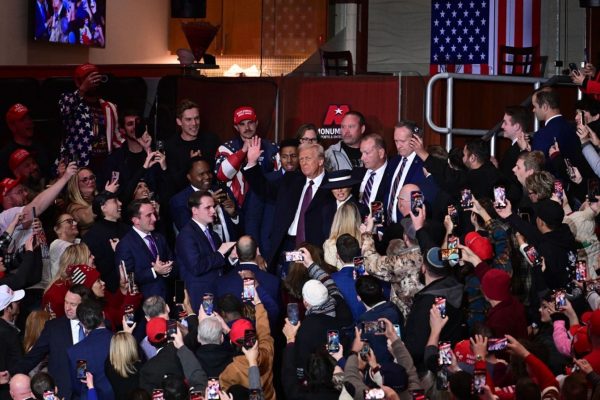A Word to the Worshippers
Last week, Kanye West watched 21 Jump Street. Exciting, right? So exciting that he felt the need to post about it on Instagram. More specifically, after an absolutely wild end of 2022 and start of 2023 filled with anti-Semitic tendencies, West confessed that after watching Jonah Hill in 21 Jump Street, he no longer hates Jews. Thanks, Ye, we appreciate it. In less than two hours, you’ve vanquished a system of hate that has gripped society for thousands of years.
And the world has rejoiced—the internet is filled with exuberant messages claiming, “Yes! I can finally listen to Kanye again!” And this is where the problem lies. Fans are so desperate to “separate the art from the artist” that they are now able to forget months of disgusting, hateful rhetoric because of a single tap of the “post” button. The guy publicly voiced his support for Adolf Hitler, (yes, you heard me right!) but for some reason that’s okay because he made Graduation?
This is the problem with our culture.
We idolize our artists too much. From the predatory rock stars of the seventies to the abusive Chris Brown to this, fans have always looked for ways to ignore the artist while appreciating the art. To appreciate art is one thing, but to enable behaviors that should be completely unacceptable is another, and that is unfortunately what the movement of “separating the art from the artist” has turned into: a sad excuse to avoid changing our own ways.
This Kanye incident is a perfect example of the effects of this culture on our behavior as a society. When we refuse to condemn celebrities who do wrong, we are enabling their negative behaviors. Someone like Kanye desperately needs, just once, to be told “No.” But that isn’t the way our society works: we idolize our stars, and while doing so, we are surrounding them with yes-men. And that’s exactly what is happening with Kanye. Everyone wants to please him, so they egg him on. They make jokes and social media posts about his comments. They talk about him to all their friends. They give him a platform. And a platform is exactly what entertainers thrive on. Seeing the increased publicity, he will inevitably make more offensive comments, which will keep getting him on talk shows, or on viral TikToks, or on Spotify’s most streamed artists.
And it stems from our own laziness—it would just be too difficult to find a different artist to listen to. Someone like Kanye can see that people still listen to his music and that there has been no punishment. If there is no negative response to his actions, what is there to make him stop? The answer, sadly, is nothing.
And this answer should be a declaration for all of society to hear. If we aren’t punishing people for doing something we perceive to be bad, it gives off the impression that we don’t really see that act as bad.
Think of the NBA player Karl Malone, for example. In 1983, Karl Malone raped a thirteen-year-old girl. The issue is that, because Malone is good at putting a basketball in a hoop, the NBA and the public are willing to sweep something as disgustingly vile as statutory rape under the rug. Today, the basketball world lauds Karl Malone as a superstar. His number thirty-two jersey is retired for both the Utah Jazz and Louisiana Tech, destined to hang high in the rafters forever. In this sense, Malone’s jersey is being placed up there as an icon, an idol for all fans to look up to (both literally and figuratively).
There is no point in organizations like the NBA and NCAA claiming to be against rape and for abiding the law if they then go celebrate an offender. It is hypocritical, half-hearted, and completely disrespectful to their victims, who will now also be forced to see the names of their nightmares up in the rafters. Worst of all, it implies that, although the world’s athletic leagues claim to be against horrible acts like this, they are perfectly willing to ignore them if you’re good at sports.
Some might tell you that right now I’m glorifying “cancel culture,” which looks to “cancel” celebrities for mistakes they’ve made in the past. I am not. Cancel culture is absolutely overdone in our society today. There is no denying it. And sometimes, it truly is a good idea to separate the art from the artist.
Here’s the difference: the most prominent parts of cancel culture today are far worse than the argument that we should simply hold artists to the same standard that we hold the common person. They are examples of celebrities being canceled for a stupid, trivial mistake they made as a teenager or young adult, many, many years ago. These aren’t repeated, hateful crimes backed by malicious intent; they are an innocent, misguided Tweet, or an uneducated decision. That is what cancel culture is—ruining careers over miniscule errors from years past.
Many celebrities who have been wrongful victims of cancel culture in the past have demonstrated growth and maturity, apologizing profusely since their small mistake occurred. On the other hand, Kanye’s anti-Semitic comments were a continuous occurrence up until a few weeks ago, and even then, his apology felt shallow and insincere.
If we’re using time to qualify cancel culture, then why does the Karl Malone incident matter? It did occur forty years ago, after all. The difference is that he still has not shown any remorse or recognized that his actions were wrong. The magnitude of Malone’s crime has always been severe. But even after DNA tests, he still refuses to recognize his child born out of the crime, because he knows our star-idolizing culture will bail him out. He doesn’t need to have any accountability.
And this is exactly what it comes down to: accountability. To us, the stars of society walk on water. They are invincible. In our culture, we idolize these figures, regardless of what they do. They aren’t defined by their character, but by their achievements. And these achievements are above all else: we relish in the music of Kanye West or Chris Brown. We sit in awe watching professional athletes grace our screen. We worship our stars.
When our deities do something wrong, it’s too inconvenient to cut their work out of our lives, so we just stick our heads in the sand because it is easier. We aren’t committed to condemning their wrongdoings; to criticize them is simply too much effort. Can you imagine a world where cops let murderers and crooks run free because it is too inconvenient to bring them to justice?
The only issue is that these celebrities are idols, not criminals, (at least not most of them) so we don’t take their crimes as seriously.
So, what is there for us to do? Sadly, not much. The answer is not to stop making posts or listening to certain artists, at least not wholly. The answer is an entire cultural shift. To get there, we’ll have to make these small changes on the way, like changing our listening and posting habits. It will be a process. It may not be a change we see, but the small impacts we make will build up, creating a world in which our children can continue our work. And so, we’ll keep working, humbly chipping away at the culture of idolization until the day we can finally escape its grasp.








